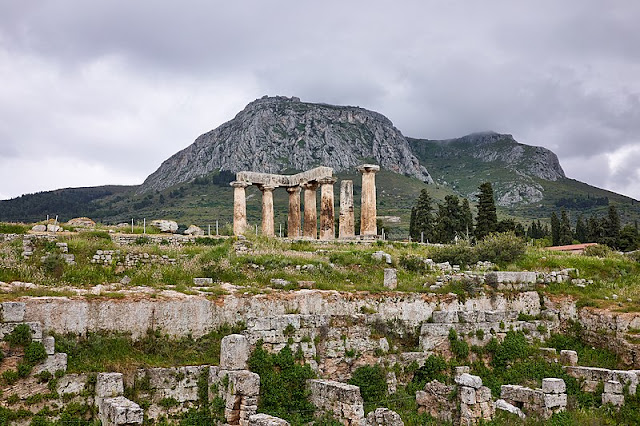The Christian Doctrine of God (part 3)

This is part 3 in a series by Torrance scholar Thomas Noble , summarizing Thomas F. Torrance's The Christian Doctrine of God: One Being Three Persons . For other posts in this series, click a number: 1 , 2 , 4 , 5 , 6 . Chapter 5: ONE BEING, THREE PERSONS At the council of Alexandria in 362, the Athanasian and Cappadocian approaches were brought together in a position best expressed by Gregory Nazianzen: one Being, three Persons, three Persons, one Being. In this chapter we concentrate on the one Being . Just as we reject a docetic Christology ‘from above’ and an ebionitic ‘Christology from below’, so in the doctrine of the Holy Trinity we must think conjunctively of God’s trinitarian self-revelation from below and from above – of what God is toward us, and what He is in Himself, of the Trinity in Unity and His Unity in His Trinity, and consider the economic Trinity and the ontological Trinity inseparably together. The word the Gree...


_-_James_Tissot_-_overall.jpg)

